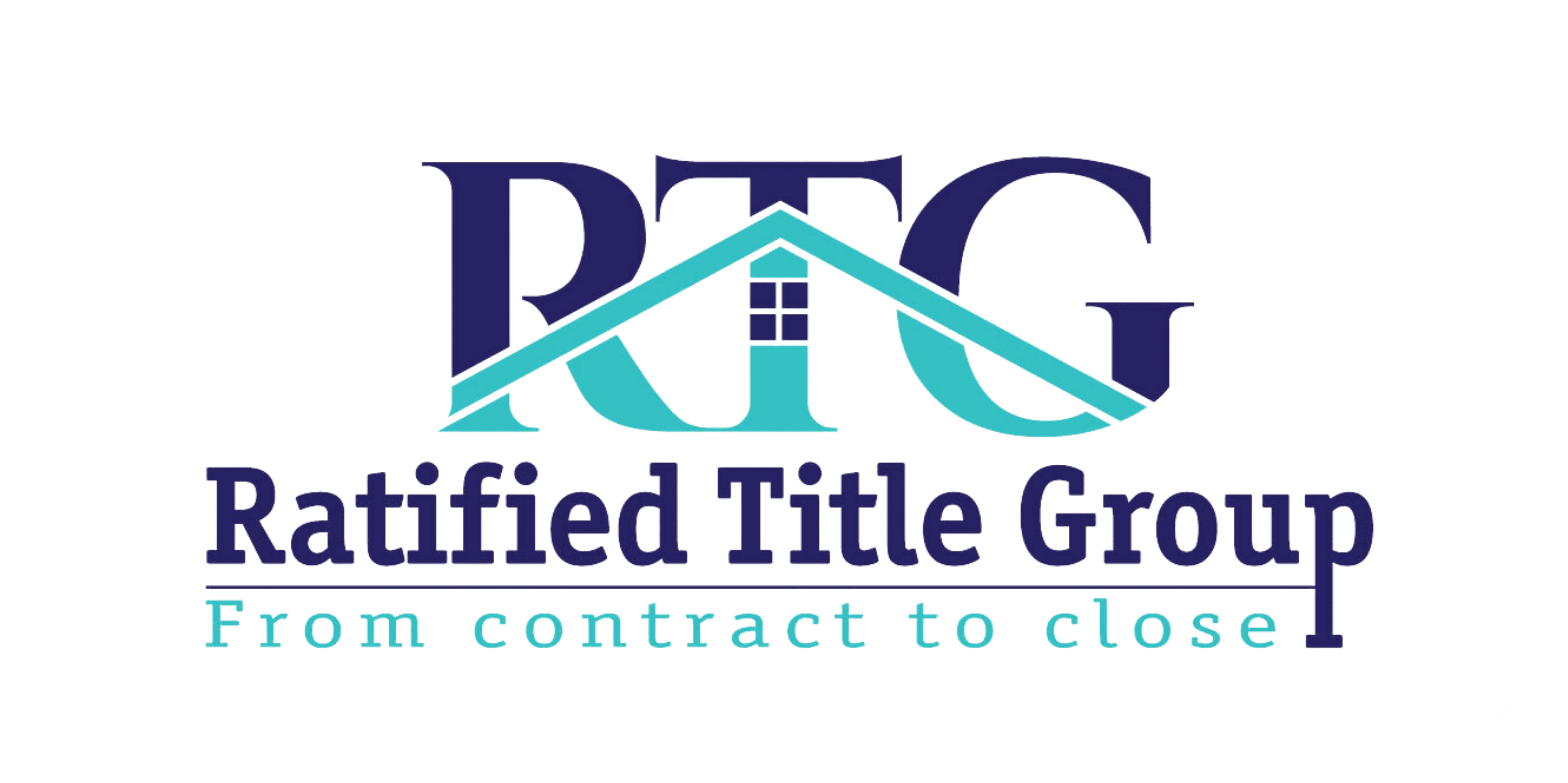Navigating the real estate closing process can feel overwhelming, especially in a state like Virginia where specific steps and regulations come into play. Whether you’re a first-time homebuyer or a seasoned investor, understanding the sequence of events leading to a successful closing can ease your stress and pave the way for a successful transaction. In this guide, we’ll break down each step in a friendly and approachable manner, ensuring you feel confident every step of the way.
1. Understanding the Role of a Closing Agent
The closing agent plays a vital role in the real estate closing process, serving as a neutral third party who oversees the closing. This professional ensures that all aspects of the transaction are conducted smoothly and according to legal regulations. From preparing documents to facilitating the transfer of funds, the closing agent is there to guide both the buyer and seller toward a successful conclusion.
It’s important to establish a good relationship with your closing agent, as communication will be key throughout the process. They are responsible for answering your questions and clarifying any doubts you may have. Understanding and collaborating with your closing agent can significantly streamline your closing experience, making it less intimidating.
2. Preparing Your Financial Documents
Before you can move forward in the closing process, you must gather all relevant financial documents. This step is crucial because it ensures that both parties have a clear understanding of the financial aspects of the transaction. Typically, you’ll need bank statements, tax returns, proof of income, and any other relevant documentation that showcases your financial standing.
Moreover, being organized with your financial paperwork can save you from unnecessary stress as you approach your closing date. Instead of scrambling to find documents at the last minute, take the time to compile everything early in the process. This proactive approach allows for any issues to be resolved early, cushioning the way for a more seamless closing experience.
3. Reviewing Your Purchase Agreement
Once you have your financial documents in order, it’s time to thoroughly review your purchase agreement. This document outlines the terms of your transaction, including the sale price, contingencies, and important dates. Pay close attention to anything that seems unclear, as a well-understood agreement can prevent misunderstandings later on.
If you find any terms that warrant clarification, don’t hesitate to reach out to your real estate agent or lawyer. They are your advocates and can help ensure that you fully understand your obligations and rights as a buyer. A comprehensive review will give you the confidence to move forward.
4. Conducting a Title Search
A title search is a critical step in ensuring that the property you wish to purchase is free of legal issues. This process will reveal any liens, claims, or encumbrances that could complicate your ownership. It typically involves checking public records to ensure that the seller has the legal authority to sell the property.
Completing a title search can provide peace of mind, confirming that there are no nasty surprises waiting for you post-closing. If red flags appear during this search, it’s crucial to address them. Your closing agent will assist you in resolving any issues that come up, ensuring that you’re protected when you proceed with the closing.
5. Scheduling the Home Inspection
Scheduling a home inspection is a must-do to get a detailed understanding of the property’s condition. This step allows you to uncover potential problems that may not be apparent during your initial walkthrough. Whether it’s minor issues or major repairs, having an inspection completed helps in making an informed decision.
It’s advisable to accompany the inspector during the visit, so you can ask questions directly and grasp the concerns firsthand. A competent inspector will highlight not only current issues but also future maintenance needs. This knowledge can significantly impact your negotiations with the seller.
6. Understanding Closing Costs
Closing costs can sometimes come as a surprise for first-time homebuyers, so it’s important to be well-informed. These costs typically encompass various fees, including loan origination fees, title insurance, and escrow fees, among others. It’s essential to budget for these additional expenses, which can range from 2% to 5% of the purchase price.
Many buyers find it helpful to request a Good Faith Estimate (GFE) from their lender, outlining the expected closing costs. This document serves as a valuable tool to plan your finances effectively and avoid any unpleasant surprises on closing day. With a clear understanding of potential expenses, you can approach the final steps of your real estate closing with confidence.
7. Final Walk-Through Checklist
Before sealing the deal, conducting a final walk-through of the property is crucial. This is your opportunity to ensure that everything is in order and that the home is in the same condition as when you made the offer. Take advantage of this step to check if any repairs promised by the seller have been completed.
During your walk-through, it’s wise to bring a checklist along, highlighting essential areas to inspect. Pay attention to the fixtures, appliances, and overall cleanliness. If you notice any discrepancies or issues, be prepared to bring these up during closing negotiations to find a satisfactory resolution.
8. Signing the Closing Documents
On the day of closing, signing documents marks the official transfer of ownership. It’s an exciting time! You’ll likely be presented with several documents, including the deed, closing disclosure, and mortgage paperwork. It’s important to read everything carefully—don’t rush through this critical step!
If you have any questions about specific terms or clauses in the documents, feel free to ask your closing agent for clarification. They are there to ensure you fully understand each aspect of the transaction. Properly signing all required documents is key to a successful closing and securing your new home.
9. Transferring Ownership
Following the signing of the closing documents, the ownership transfer process begins. At this point, your closing agent will typically handle the logistics of filing the necessary paperwork with the local government. This ensures that the property is officially in your name, allowing you to finally hold the keys to your new home.
As this process takes shape, it’s a time of excitement and relief, knowing that all your diligent preparation has paid off. Ensure that you’ve received copies of all closing documents for your records—these will be important should any questions arise in the future.
10. Celebrating Your New Home
Congratulations! After all the hard work you’ve put into the real estate closing process, it’s time to celebrate. Moving into your new home is a significant milestone that deserves to be recognized. Whether it’s a small gathering with friends or simply taking a moment to appreciate your achievement, make sure to soak in the joy of homeownership.
As you settle into your new space, take the time to reflect on your journey. You’ve navigated the complexities of financing, inspections, and negotiations, all of which have led to this wonderful accomplishment. Enjoy your new home and the fresh memories that await you!



